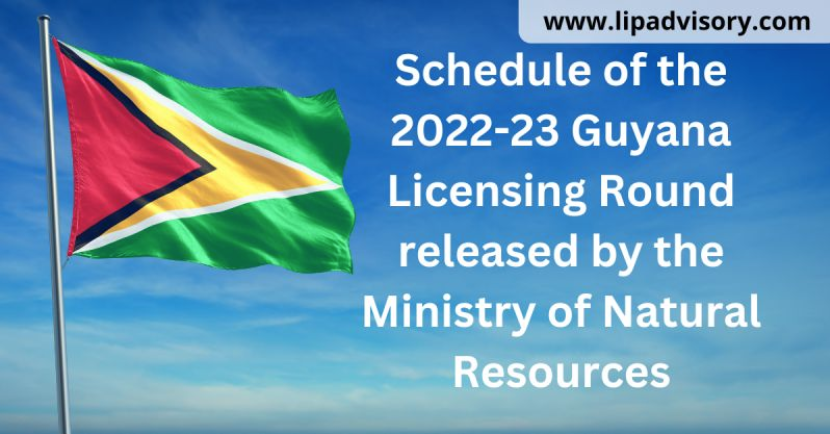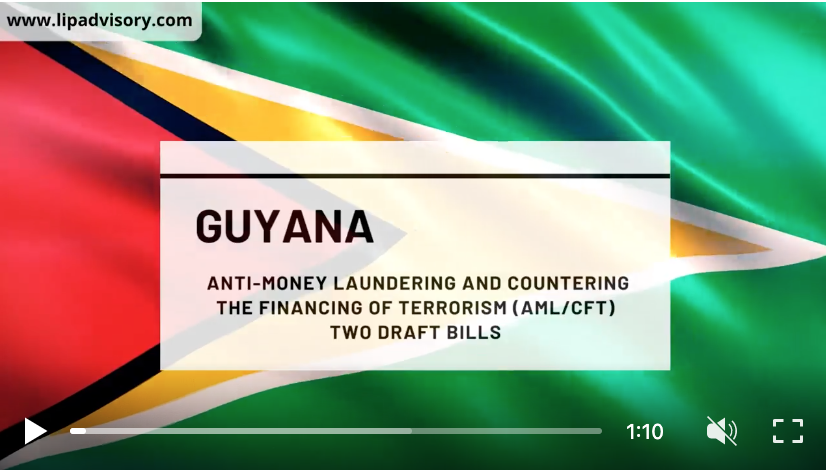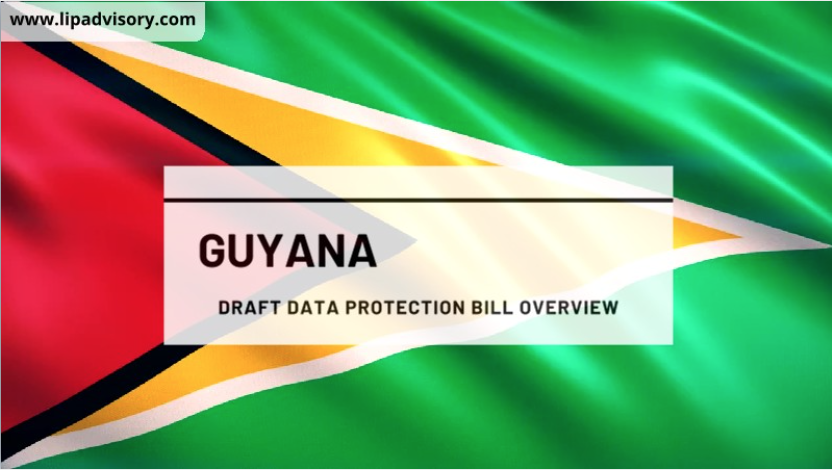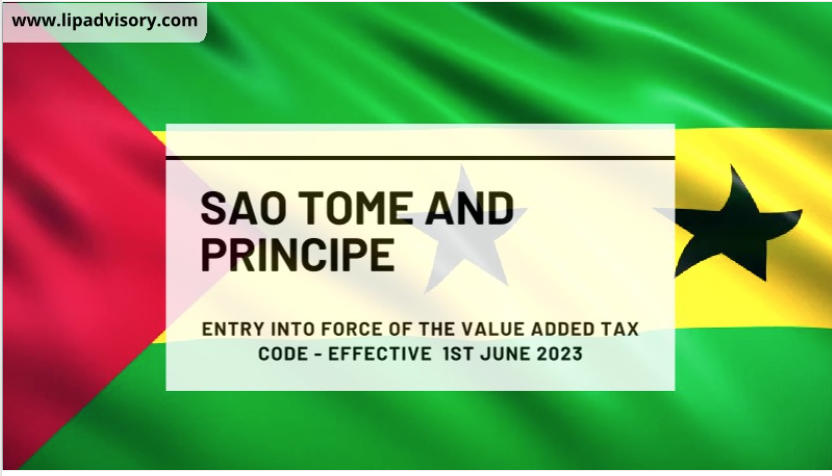The Legal Framework for Mining and Extraction of Aggregates was approved through the Law no. 9/2020, dated 22 September 2020, which will enter in force on 22 September 2021.
This law applies to all natural and legal persons involved in the temporary, sporadic, or permanent management, exploitation, and extraction of aggregates in the National Territory.
They shall be considered aggregates for the purposes of this law, sands, sandstones, grit, basalts, clays, limestone, coral reefs, pebbles, phonolites, trachyte, and all raw materials that scientifically fall into this category.
No quarry may be exploited and extracted for more than 15 years.
The exploration and extraction activities of aggregates of quantities greater than 500 m3 are subject to the issuance of a license. The licensed entity must maintain a billing system and issue invoices and transportation bills for all aggregate sales made at licensed locations.
The licence granted shall be unique for each operating and extraction site.
Licences may at any time be revoked by the competent authority when any of the following situations occur:
a) the failure to commence use within six months of the issue of the permit or the interruption of activity for one year;
b) Non-compliance with environmental standards
c) the invasion of areas not included in the licence.
The exploration and extraction activities of aggregates of quantities of less than 500 m3 are subject to the issuance of authorization.
Authorisations may be issued for thirty, sixty or ninety days, which may be extended no more than twice, at the request of the beneficiary no later than five days before the expiry of the time limit.
Any license or authorisation will be subject to the payment of taxes.
Criminal and civil sanctions can be applied from 25,000 to 250,000 Dobras (plus a third of the sanction in case of reiteration).
The contents of this publication are based on our knowledge and interpretation of current law and practice which are likely to change over time. The publication is provided for information purposes only and does not constitute professional advice of any kind. The information provided in the publication should not be used as a substitute for consultation with professional advisers. Before making any decision, taking any action, or refraining from taking any action, the client should first consult a professional adviser who has been provided with the pertinent facts relevant to the client’s particular situation. No responsibility for any loss occasioned to any person acting or refraining from acting as a result of any material in the publication can be accepted by LI&P, the author, copyright owner or publisher or any of their related entities, partners, directors, employees, agents or subcontractors.





